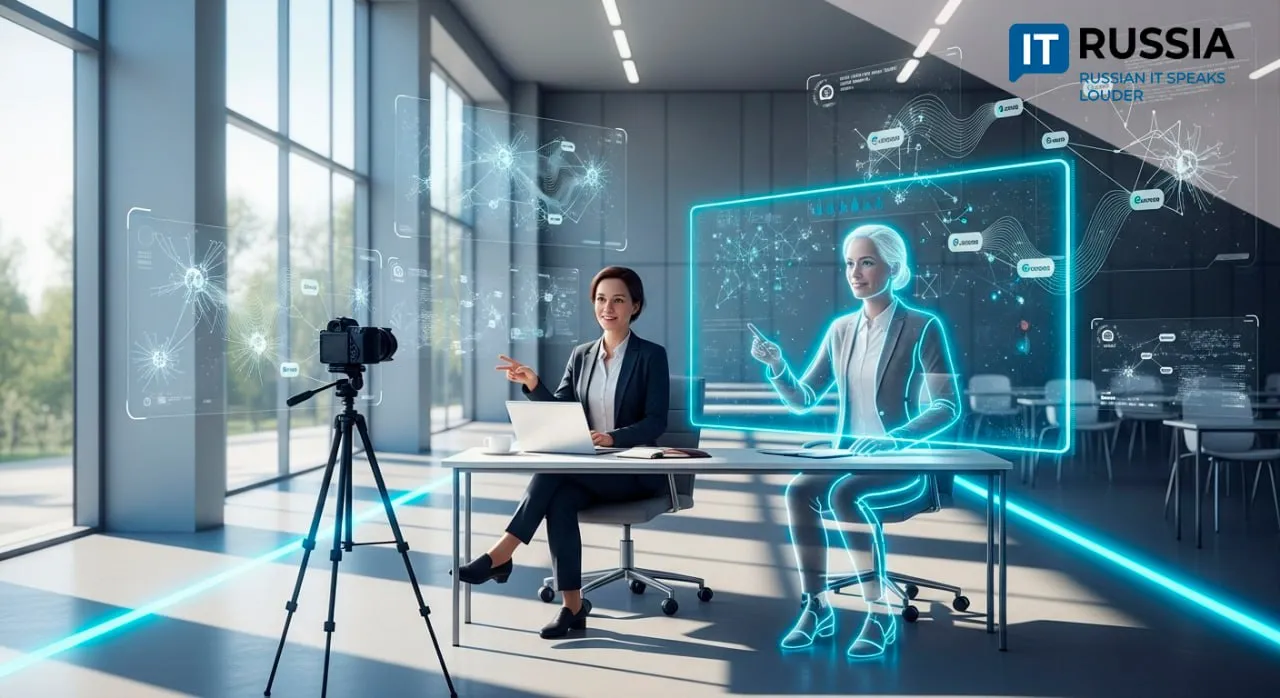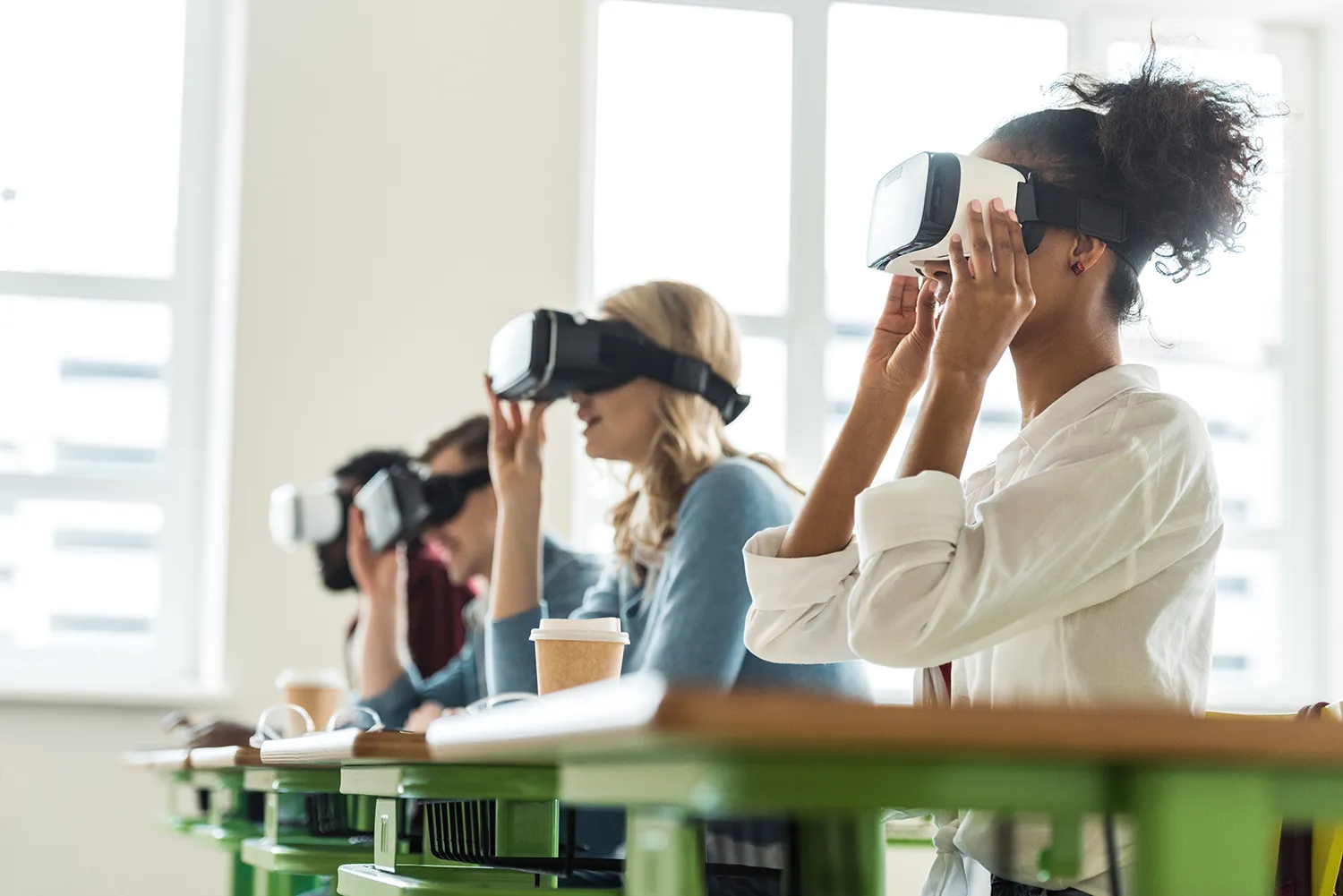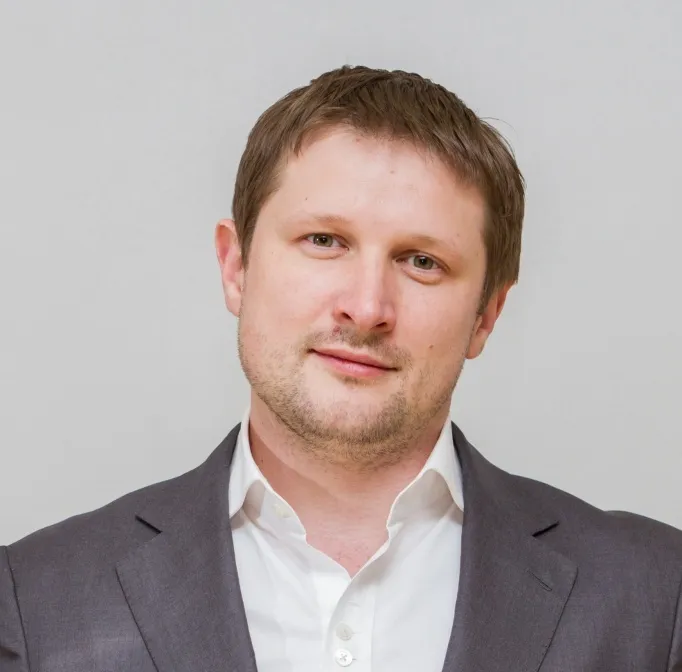Same Voice, Same Gesture: Russian University Introduces AI-Powered Teaching Avatars

RUDN University has developed AI avatars capable of delivering lectures with the voice, facial expressions, and gestures of real instructors—offering a breakthrough in personalized digital education.
Switching On the Teacher
At RUDN University's Faculty of Artificial Intelligence, researchers have built a neural network system capable of creating full video lectures from a short sample clip of an instructor's voice and appearance—no filming required. These avatars mimic not just speech but also facial movements, tone, and mannerisms, creating a remarkably lifelike experience.
The system, developed in the university’s AI lab, supports multiple languages including Russian and English. It aims to transform remote education by replicating the presence of a teacher while reducing the time and effort needed to produce engaging content. The platform allows for more than just content delivery—it simulates real-time interaction between instructor and student, enabling more accessible, tailored, and engaging learning experiences.

Optimizing Learning at Scale
RUDN’s avatar technology is not only significant for education—it has implications for the broader IT industry. By automating lecture creation, it reduces workload for instructors and boosts the quality of educational content. This is especially important as demand for online and hybrid learning continues to rise globally.
The avatars have potential applications beyond universities. They could be integrated into corporate training, professional development, and self-paced learning systems. For learners, this means faster access to high-quality, customized lectures that retain the instructor’s personal style and emotional nuance. Teachers can pre-record content that is then played on-demand, without losing the human touch.

Avatars for Industry, Government, and Space
While digital twin concepts aren’t new, RUDN has successfully created a working model tailored specifically for education. In May 2022, the university hosted a conference on digital twins, with participation from the Ministry of Industry and Trade, Rostec, and Roscosmos. Denis Kravchenko, First Deputy Chair of Russia’s State Duma Economic Policy Committee, emphasized that in a time of sanctions, homegrown solutions are vital: “Digital twins enable faster training of specialists and significantly reduce development time for high-tech products.”
In March 2025, RUDN launched an AI-powered teaching assistant. According to Anton Poddubsky, Dean of the AI Faculty, this assistant analyzes lecture materials to generate summaries, extract keywords, assess student emotional engagement, and identify difficult content. Poddubsky notes that the system has already proven highly effective.
One standout example of the technology’s versatility is the creation of a digital twin of the mayor of Yoshkar-Ola. This pilot shows how the tech could support digital government services, improving responsiveness to citizen inquiries.

A Vision for the Future of Education
The RUDN project is more than a tool—it’s a vision for the future of education. Combining voice synthesis, video generation, emotional recognition, and data analytics, the platform creates a powerful engine for educational automation. It promises to eliminate access barriers, especially for learners with disabilities, those in remote regions, or non-native speakers.
Commercial rollout and global licensing are on the horizon. With multilingual support and modular adaptability, the system is well-positioned for integration into international edtech ecosystems. In the short term, Russian universities are expected to adopt the technology more widely, while new features such as interactivity, automatic podcasting, and feedback analysis are added.
Looking ahead, digital instructors may become core elements of adaptive learning systems, VR/AR classrooms, and even fully virtual universities. Teacher avatars represent a leap forward in knowledge accessibility, instructional quality, and educational equity.










































